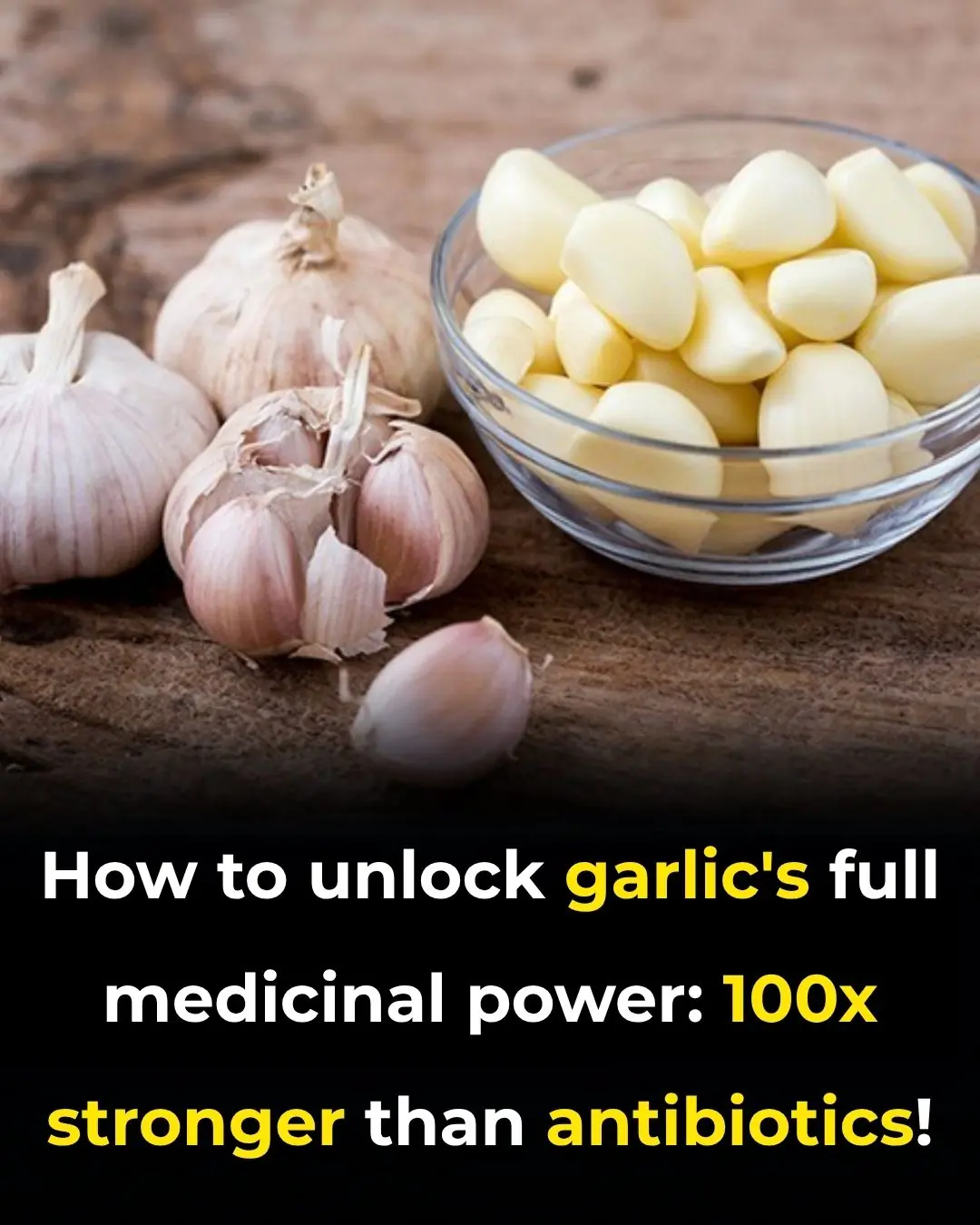
New Study Suggests That Water Isn’t the Most Hydrating Drink

When you're feeling parched, the go-to solution for most of us is simple: grab a cold glass of water. We've been told time and again that water is the healthiest, most natural way to stay hydrated. No sugar, no calories, no additives—just pure hydration. Or so we thought.
But according to an intriguing study from the University of St. Andrews in Scotland, our deeply rooted faith in water might be a bit misplaced. It turns out, water might not always be the most effective drink for keeping your body hydrated over the long haul.
🧪 What the Study Actually Investigated
The researchers set out to explore how different beverages affect fluid retention in the human body. Their goal wasn’t just to measure how quickly a drink quenches thirst—it was to find out how well those drinks help the body hold onto that hydration over time.
They tested a wide variety of beverages: plain water, fizzy drinks, fruit juices, milk, oral rehydration solutions, and even coffee and beer. And what they discovered might surprise you.
Yes, you can chug a bottle of water and feel instantly refreshed. But if that water passes right through you without sticking around, its hydrating effect doesn’t last long. That’s where other beverages shine.
🥇 Why Milk Was the Unexpected Winner
Among all the beverages tested, milk emerged as one of the most hydrating. But it’s not just because milk contains water—it’s about the unique mix of nutrients that change the way your body processes it.
Here’s why milk ranks so high:
-
Protein: Slows gastric emptying and promotes fluid retention.
-
Natural sugars (like lactose): Help pull water into your cells.
-
Fat: Slows digestion, so hydration is released gradually.
This combo means that milk doesn’t just hydrate you quickly—it helps you stay hydrated for longer. Compared to plain water, which your body may flush out rapidly, milk sticks around and continues working behind the scenes.
⚖️ Hydration Is About More Than Just Water
One of the key takeaways from the study is this: hydration isn’t just about how much you drink—it’s about how your body retains it.
Drinks that contain electrolytes, a small amount of sugar, or some fat tend to linger in your system longer. This makes them more effective for sustained hydration.
For example:
-
Orange juice and oral rehydration solutions performed well thanks to their balanced mix of sugar and salts.
-
Sports drinks work in a similar way, providing sodium and potassium to help your body hold onto fluids.
-
Broths and soups, especially salty ones, can be surprisingly hydrating.
On the other hand, drinks like alcohol or sugary sodas can have the opposite effect. Alcohol is a diuretic, and high-sugar beverages can actually increase water loss in some cases.
💡 So Should You Ditch Water?
Not at all. Water is still essential, particularly if you’re:
-
Physically active
-
On a calorie-conscious or low-fat diet
-
Trying to avoid added sugars or fats
But if you're preparing for a long hike, a hot day outdoors, or trying to recover from illness, a drink like milk or an electrolyte solution may provide more lasting hydration than water alone.
Think of it like this: water is great for immediate thirst relief, but drinks with nutrients help you play the long game.
🚫 What If You Can’t Drink Milk?
Milk isn't for everyone. Whether due to lactose intolerance, dairy allergies, or dietary preferences, many people avoid it. The good news is, there are plenty of alternatives that offer similar hydration benefits:
-
Coconut water: Naturally rich in electrolytes, low in calories.
-
Oral rehydration drinks: Like Pedialyte, designed for maximum fluid retention.
-
Soups and broths: Contain sodium and water—a powerful combo.
-
Plant-based milks (like soy or pea milk): Some are fortified with protein and fats, making them better for hydration than plain almond milk, for example.
Look for options that include electrolytes, protein, and healthy fats—these can help mimic the hydrating profile of cow’s milk.
🧬 What Happens When You Drink Milk Daily?
Let’s dig a little deeper. Beyond hydration, drinking milk every day might have lasting effects on your bones, muscles, brain, and even mood. Here’s a quick breakdown:
🦴 Stronger Bones (But It’s Not Just About Calcium)
Milk is famously rich in calcium, which helps maintain bone density. But milk also contains:
-
Vitamin D (especially if fortified)
-
Phosphorus
-
Magnesium
-
High-quality protein
These all work together to support bone strength. Daily milk intake may:
-
Boost bone growth in children and teens
-
Slow bone loss in older adults
-
Lower fracture risk in seniors
💪 More Muscle, Faster Recovery
Milk provides complete protein, which aids in muscle repair and recovery. Its ideal carb-to-protein ratio makes it a favorite among athletes, especially chocolate milk post-workout.
Regular milk consumption can help:
-
Preserve lean muscle mass with age
-
Speed up recovery after exercise
-
Support strength and stamina in training
❤️ Heart Health: Depends on the Fat
Full-fat milk has saturated fats, which have long been linked to heart disease. But newer research suggests that in moderation, full-fat dairy might be neutral—or even beneficial. If you're concerned about heart health:
-
Choose low-fat or skim milk to reduce saturated fat
-
Or try plant-based alternatives fortified with calcium and vitamin D
🧠 Brain & Mood Support
Milk contains vitamin B12, iodine, riboflavin, and choline—nutrients linked to brain function. It also contains tryptophan, which helps produce serotonin (your “feel good” hormone), possibly improving mood and sleep.
🚽 Not for Everyone: Lactose Intolerance
Roughly 65% of people worldwide struggle to digest lactose, the sugar in milk. Symptoms can include bloating, gas, cramps, and diarrhea. If you're one of them:
-
Try lactose-free milk
-
Stick to fermented dairy like kefir or yogurt
-
Or explore non-dairy alternatives fortified with key nutrients
🧾 The Final Sip: What Should You Drink?
Water is still a solid, reliable everyday hydrator. But it’s not the only option—and in some cases, it’s not even the best.
When sustained hydration matters, or when you need to replenish lost fluids and nutrients, drinks like milk, coconut water, or oral rehydration solutions can work even better.
So the next time someone gives you a weird look for drinking milk on a hot day, just smile and say:
“I’m not just hydrating—I’m optimizing. Thanks, science.”
News in the same category


Earth Plunged Into Darkness For Six Minutes In Rare Event Not Seen In A Century

The Hidden Meaning Behind Leg-crossing — It’s More Than Just Comfort

Scientists Warn: Universe’s ‘Self-Destruct Button’ Could Trigger Without Warning

WORLD'S FIRST DATE SOFT DRINK

We weren’t the only humans just the last ones left to tell the tale

Japanese “Baba Vanga” Meme Resurfaces After July 2025 Tsunami Triggers Alerts

Why you should always put a coin in the freezer before you leave home

Heroic Teen Malaya Grace, 17, Dies After Saving Siblings from Drowning in Texas Floods

Why You Should Never Ever K--ill A House Centipede If You Find One Inside Of Your Home

‘Granny Pods’ Let Aging Parents Stay Close by in Your Backyard

Airport baggage handler issues warning to anyone who ties a ribbon on their suitcase

What Does it Symbolize When a Person Who Passed Away Shows up in Your Dream?

Optical illusion reveals whether you’re an introvert or extrovert

Trapped in Silence: Boy Awakens After 12-Year Coma With Terrifying Secret
Imagine suddenly being trapped inside your own body—fully conscious, aware of your surroundings, but completely unable to move, speak, or communicate in any way. For Martin Pistorius, this unimaginable scenario was reality for more than a decade. His st

Urgent warning issued to all iPhone users following release of iOS 18.6

Experts Warn of Imminent 'Cosmic Hell' That Could Wipe Out Mankind, Exact Time Revealed
Though the ending is billions of years away, the emerging evidence is shifting scientific consensus on cosmic fate. Understanding dark energy—the force shaping expansion—is one of the greatest unsolved mysteries in physics.

Ancient tablet has been completely translated and has some terrifying predictions for humanity

Astronaut Waves And Turns His Camera To Disprove The Flat Earth Theory For Good

Your iPhone’s Volume Buttons Are Loaded with Hidden Features
News Post

After I Saw The Baby My Wife Gave Birth To, I Was Ready To Leave Her — But Then She Said, “There’s Something I Need To Tell You.”

Medicinal Health Benefits of Garlic (Raw, Supplement) – Science Based

Mom Sells Old Stroller to Feed 4 Kids, Finds It on Her Doorstep the Next Day with Note Inside – Story of the Day
A pregnant mother of three needs to sell her stroller to feed her three children after she was abandoned by her husband.

A Father’s Redemption: How One Dad’s Love Gave His Disabled Daughter a Future Beyond Her Dreams
Prom Night Miracle: Devoted Dad Takes Disabled Daughter to Prom—Then Finds a $10K ‘Dad of the Year’ Surprise!

He Wouldn’t Take Off His Hat In Class—But When I Found Out Why, Everything Changed

THEY SAID I COULDN’T KEEP MY JOB AND RAISE HER—SO I TOOK HER ON THE ROAD

A Stranger Yelled At My Daughter In Public—So I Made Sure She Got What She Deserved

My Cousin Got A Job At My Ex’s Restaurant—And Then Sent Me A Photo Of What He Found In The Walk-In

Warning Symptoms of Vitamin B12 Deficiency and How to Fix It

Tingling Sensation In Your Body: Why Does It Happen

High Blood Sugar Warning Signs

Earth Plunged Into Darkness For Six Minutes In Rare Event Not Seen In A Century

The Hidden Meaning Behind Leg-crossing — It’s More Than Just Comfort

Scientists Warn: Universe’s ‘Self-Destruct Button’ Could Trigger Without Warning

WORLD'S FIRST DATE SOFT DRINK

We weren’t the only humans just the last ones left to tell the tale

Japanese “Baba Vanga” Meme Resurfaces After July 2025 Tsunami Triggers Alerts

Top Signs of Iron Deficiency and How To Increase Iron Levels In Your Blood

Doctors Suspected Baby Had Mouth Tumor—The Shocking Truth Left Them Speechless
